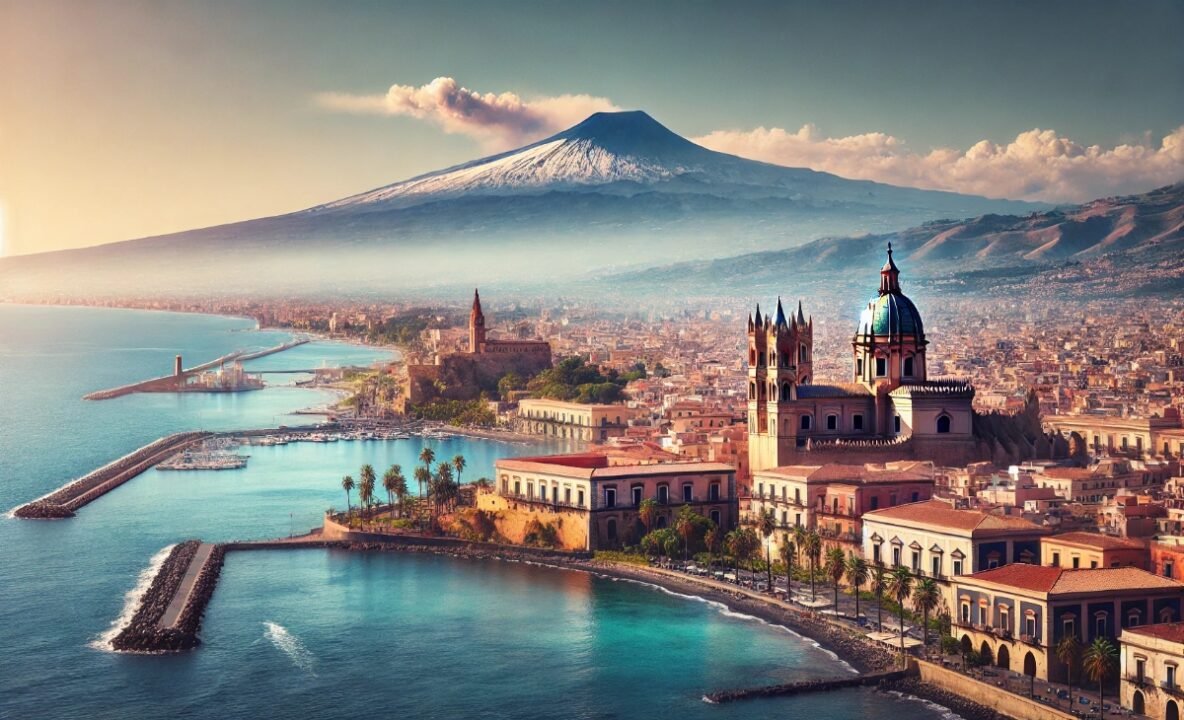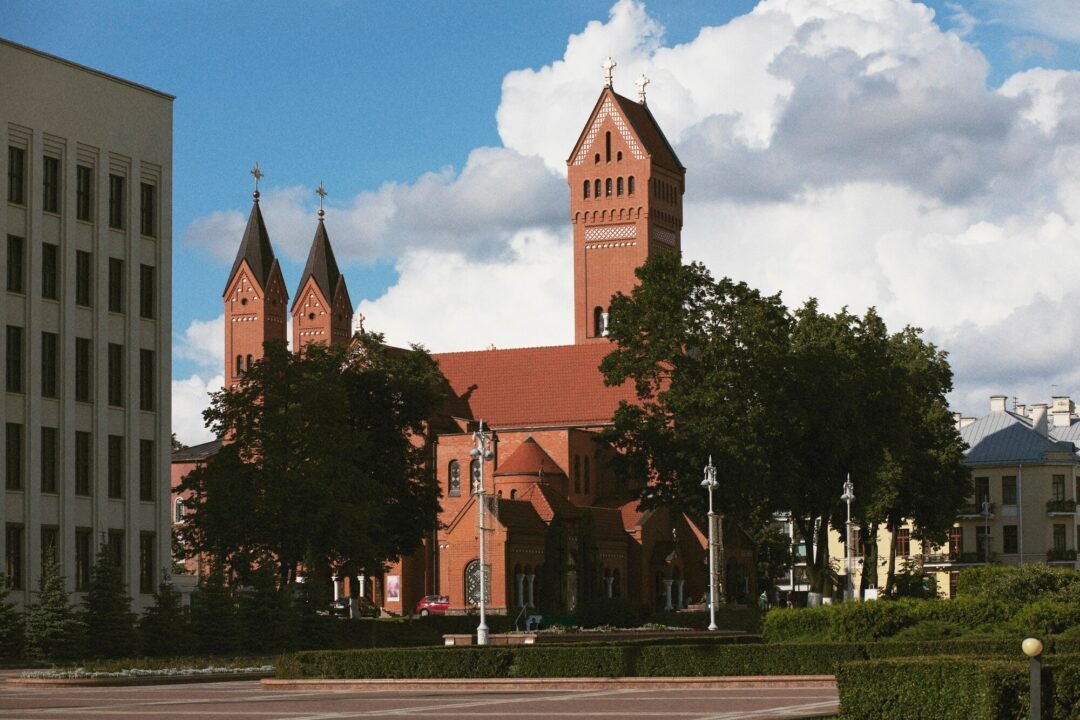Sicily, the largest island in the Mediterranean, has often been a subject of curiosity due to its distinct culture and rich history. Although politically part of Italy, its unique traditions, dialect, and governance set it apart from the mainland. This article delves into its historical background, cultural significance, political status, and role in modern Italy.
The Historical Integration of Sicily into Italy
Sicily’s historical journey toward becoming part of Italy is complex. For centuries, the island was ruled by various civilizations, including the Greeks, Romans, Byzantines, Arabs, Normans, and Spanish. The Kingdom of Sicily was established in the 12th century, playing a crucial role in European medieval politics.
During the 19th century, Sicily was incorporated into the Kingdom of Italy. The unification movement, known as the Risorgimento, was led by figures like Giuseppe Garibaldi, who landed in Marsala in 1860. After a series of battles, Sicily became part of the newly formed Italian state in 1861. Since then, it has remained an integral part of Italy, though its autonomy and distinct identity persist.
Sicily’s Political Status Within Italy
Although part of Italy, Sicily enjoys a special autonomous status. This distinction was granted in 1946 following World War II when the Italian Republic was established. The Statute of Autonomy provided Sicily with legislative and administrative powers, allowing it to govern certain internal affairs independently.
The regional government, based in Palermo, oversees various sectors, including agriculture, tourism, and infrastructure. Despite this autonomy, Sicily remains under the jurisdiction of the Italian government, which controls national defense, foreign policy, and economic regulation.
The Cultural Distinction of Sicily
Sicily’s cultural identity remains strong, distinguishing it from the Italian mainland. The island’s heritage is shaped by the numerous civilizations that once ruled it, contributing to its unique architecture, traditions, and cuisine. Greek temples, Norman cathedrals, and Baroque cities reflect its diverse past.
The Sicilian dialect, influenced by Arabic, Greek, and Spanish, differs significantly from standard Italian. While Italian is the official language, Sicilian remains widely spoken, especially in rural areas. This linguistic difference reinforces the island’s distinct cultural identity.
Additionally, Sicilian cuisine stands out with its blend of Mediterranean flavors. Dishes like arancini, cannoli, and pasta alla Norma highlight the island’s rich culinary traditions. Unlike the mainland, Sicilian food incorporates influences from North Africa and the Middle East, making it unique.
The Economic Role of Sicily in Italy
Sicily contributes significantly to Italy’s economy, though it faces economic challenges. Agriculture, tourism, and industry form the backbone of the island’s economy. Citrus fruits, olives, and wine are key agricultural exports, with Sicily being one of Europe’s largest producers of organic products.
Tourism plays a vital role, attracting millions of visitors annually. The island’s historical sites, beautiful coastlines, and vibrant festivals make it a major travel destination. The Valley of the Temples, Mount Etna, and the cities of Palermo, Catania, and Taormina remain popular attractions.
Despite its economic potential, Sicily struggles with high unemployment and organized crime. The influence of the Mafia, although diminished, continues to impact business and governance. Efforts to promote economic development and combat corruption remain ongoing.
Sicily’s Geographical and Strategic Importance
Geographically, Sicily holds a crucial position in the Mediterranean. Located between Europe and Africa, it has historically served as a cultural and trade crossroads. Its proximity to North Africa and the Middle East has influenced migration patterns, making it a focal point in European immigration discussions.
The island also has significant military and strategic importance. NATO bases and Italian naval forces are stationed in Sicily, reinforcing its role in regional security. Additionally, its location makes it an essential hub for maritime trade and energy transit routes.
Sicily’s Role in Italian Politics and Society
Sicily plays an active role in Italian politics. The island has historically been a stronghold for various political movements, from separatist groups to national parties. Issues such as regional autonomy, economic development, and infrastructure investment remain central in political discourse.
Socially, Sicilians maintain a strong sense of identity and pride. Traditional festivals, such as the Feast of Saint Agatha in Catania and the Carnival of Acireale, showcase the island’s vibrant culture. Religious traditions remain deeply ingrained, influencing daily life and social customs.
Conclusion
So, is Sicily part of Italy? Legally and politically, the answer is yes. However, its distinct culture, history, and autonomy set it apart from the Italian mainland. While firmly integrated into the Italian Republic, Sicily retains a unique identity that continues to shape its role within Italy and the broader Mediterranean region.





